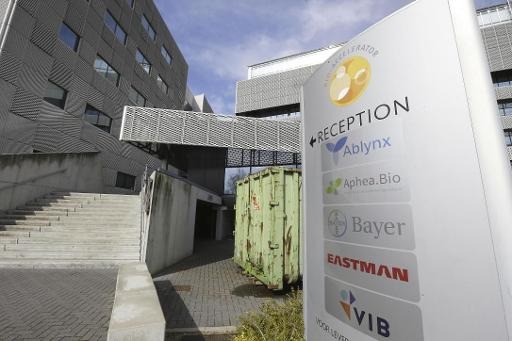The Flemish Institute for Biotechnology, VIB, is cultivating a field of maize resulting from new genetic modification techniques without applying European or Belgian GMO regulations, De Morgen and La Libre Belgique reported on Monday. The VIB, which is made up of universities, companies such as Bayer and the Flemish Government, has been growing the maize by using the CRISPR-Cas 9 genome-editing tool.
This entails first developing a GMO by artificially introducing a “foreign” gene into the plant, which then produces a CRISPR-Cas9 protein, La Libre Belgique explained. This protein causes another gene that already exists in the plant to mutate. By crossbreeding with this plant, the scientists eliminate the CRISPR-Cas 9 protein, and finally develop a plant bearing the second, targeted mutation.
Belgium’s government decided that the new plantation of VIB maize did not need to conform to Belgian or European regulations since, in the final analysis, the plants did not contain foreign genetic material. However, NGOs such as the Corporate Europe Observatory argue that they are genetically modified and that Belgium is taking advantage of the lack of clarity in European Union legislation on the status of these “new GMOs”.
"We are in a sort of legal vacuum,” says Philippe Baret, an agronomist at the Université catholique de Louvain (UCL – Catholic University of Louvain) and a former member of the Biosecurity Committee. “I don’t really understand how the ISP (Service of Biosecurity and Biotechnology of the national public health institute – editor’s note) can decide it’s not GMO.
“The process is piloted by man, it’s not a process that occurs naturally. For me, personally, since there is a debate on the issue, the exemption cannot be granted without the intervention of an institution.”
The European Court of Justice will rule on the status of the “new GMOs” on Wednesday.
The Brussels Times

